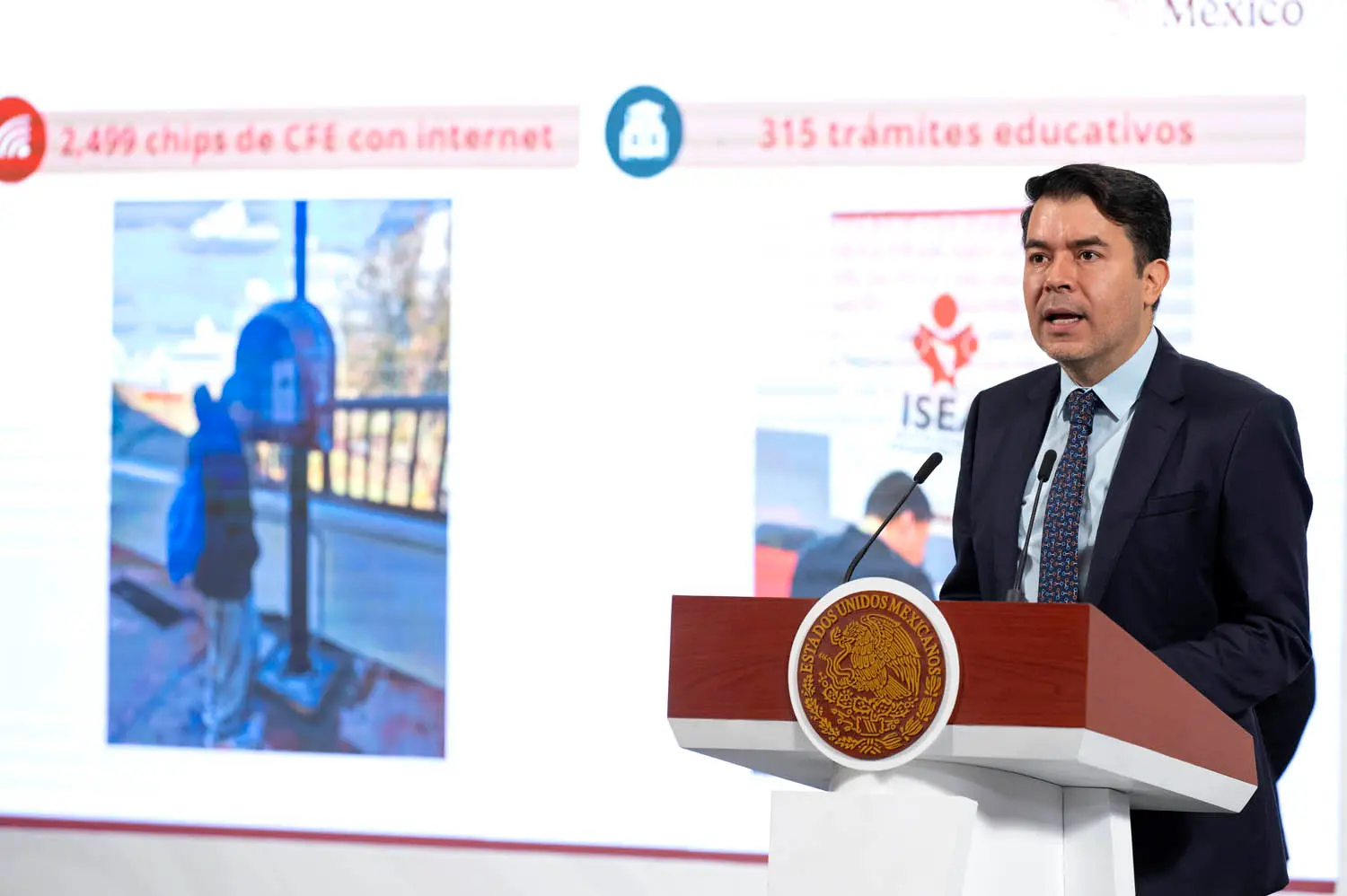
As part of the Mexico Te Abraza strategy, the Mexican Government has received and assisted more than 24,082 repatriated citizens at border service centers since the program’s launch on January 21, reported Arturo Medina, Deputy Minister for Human Rights, Population, and Migration.
During the morning presidential press conference, on this occasion led by Minister of the Interior Rosa Icela Rodríguez, on behalf of President Claudia Sheinbaum Pardo, Medina presented an overview of the program, highlighting the delivery of 236,818 services for the benefit of returned Mexican nationals.
Since January 20, a total of 56,298 Mexican citizens have been repatriated from the United States. Of these, 12,183 arrived by air through the Felipe Ángeles International Airport (AIFA), as well as the airports in Villahermosa and Tapachula. All of them received their official repatriation document.
Medina emphasized that the 10 border centers, located in Baja California, Sonora, Chihuahua, Coahuila, Nuevo León, and Tamaulipas, provide everything from lodging and food to medical, psychological, legal, and social reintegration services.
The reported assistance includes:
92,246 meals
9,786 medical services
4,019 psychological support sessions
19,282 Bienestar Paisano cards (each with 2,000 MXN (US$105) for transportation)
34,918 enrollments in the IMSS (Mexican Social Security Institute) for humanitarian reasons.
In addition, more than 2,495 returning migrants have been connected to job opportunities with the support of the business sector, while the DIF (National System for Integral Family Development) has provided 1,128 families, including children and adolescents, with assistance.
The strategy also addresses housing, land regularization, and educational needs. According to the report, the following have been provided:
700 advisory sessions on housing and agrarian issues
4,629 remittance cards
2,499 SIM cards with free internet provided by the Federal Electricity Commission (CFE)
315 paperwork procedures for educational enrollment completed.
Medina indicated that the National Migration Institute (INM) has transported more than 13,000 individuals to their home states. The primary destinations include Coahuila, Durango, Zacatecas, Michoacán, Chiapas, Oaxaca, and Puebla, among others.
Continuous Monitoring and Inter-Agency Coordination
Deputy Minister Medina confirmed that no security incidents have been reported at the centers, which are monitored around the clock, 24/7. He also noted that the strategy involves 34 federal government agencies, in coordination with state authorities and the private sector.
Medina stressed that, following instructions from President Sheinbaum, the operation of these centers will continue to ensure a dignified, humane, and safe return for all repatriated migrants.
“Nationals who choose not to go to the centers also receive warm and humane assistance, including food, legal support, and bus tickets to return to their communities,” Medina emphasized.
Mexico Embraces You is a comprehensive strategy by the Mexican government to support citizens returning to the country, whether through repatriation or by personal choice. It aims to ensure a safe, dignified, and orderly return by offering a variety of services to facilitate their reintegration into Mexican society.